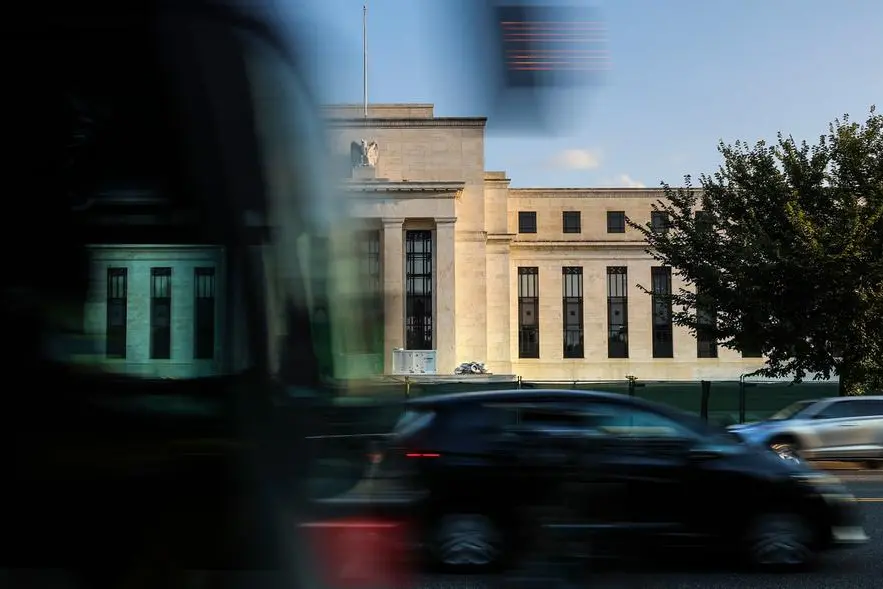PHOTO
The US Federal Reserve raised its benchmark lending rate on Wednesday, as it sought to strike a balance between curbing high inflation and averting further upheaval in the commercial banking sector.
The quarter-point increase, which was in line with expectations, lifts the target range to 4.75-5.00 percent at the end of a two-day policy meeting.
In a statement, the Fed said recent banking sector developments "are likely to result in tighter credit conditions for households and businesses and to weigh on economic activity, hiring and inflation."
The policy-setting Federal Open Market Committee (FOMC) added that "some additional policy firming may be appropriate" to get to a stance that is sufficiently restrictive to bring inflation down.
The latest increase was the same size as the central bank's previous rate decision in February.
It comes after two weeks of market turmoil following the collapse of three regional lenders.
Wednesday's decision underscores the Fed's determination to tackle inflation, which remains stubbornly above policymakers' long-term annual target of two percent despite an effort to lower price increases.
- Hot data and banking uncertainty -
The implosions of Silicon Valley Bank (SVB) and two other regional lenders pummeled banking stocks around the world last week, with Swiss investment bank Credit Suisse swallowed up by regional rival UBS after its shares sank to a record low.
Asian stock markets and most European indices rose ahead of the Fed's decision. Wall Street stocks picked up shortly after the Fed's announcement.
The combination of hot US economic data at the start of the year and uncertainty in the banking sector has led most analysts to predict the Fed will continue with a more modest hiking cycle than was previously expected.
"After the recent news, the recent developments in the financial markets, we now see a kind of risk to both sides," Stephen Juneau, senior US economist at Bank of America Global Research, told AFP ahead of the decision.
- More 'dovish' language -
Treasury Secretary Janet Yellen said Tuesday that the US banking sector was "stabilizing" after authorities stepped in to protect deposits following the failures of SVB and Signature Bank.
But she conceded that "similar actions could be warranted if smaller institutions suffer deposit runs that pose the risk of contagion."
Yellen's comments underscored this week's relief rally in the stock markets, along with actions by the Fed and other major central banks to improve lenders' access to liquidity.
On Wednesday, the Fed also updated its economic projections, slightly lowering its 2023 GDP growth projections 2023 to 0.4 percent from 0.5 percent in December.
Median projections for the Fed's benchmark rate at the end of this year were unchanged, while inflation expectations rose increased slightly.
The Fed's announcement follows on the heels of the European Central Bank's decision last week to raise rates by 0.5 percentage points.
ECB chief Christine Lagarde warned on Wednesday that the eurozone's monetary policymakers "will still have ground to cover to make sure that inflation pressures are stamped out."
She said the recent banking turmoil could add to "downside risks" in the single currency area.





















